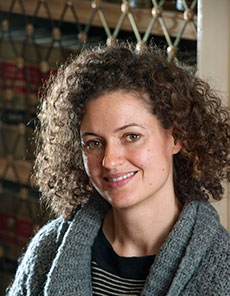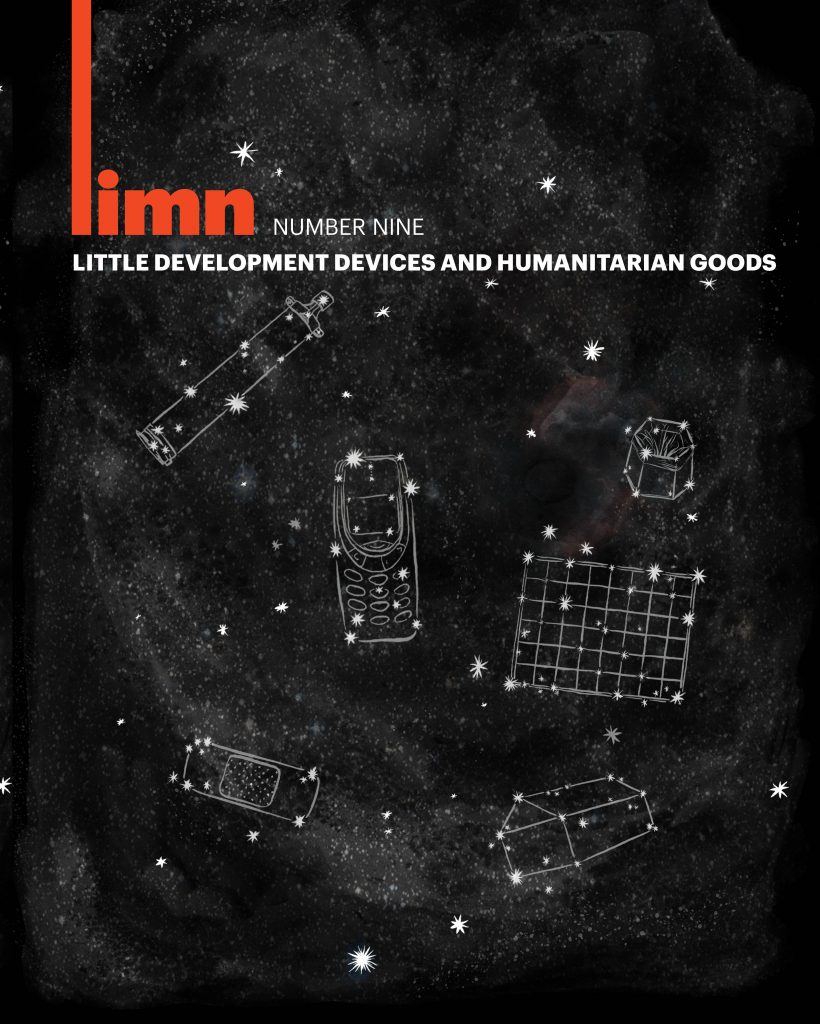
Alice Street is a Senior Lecturer in Social Anthropology at the University of Edinburgh, where she currently holds a European Research Council Starting Grant for “Investigating the Design and Use of Diagnostic Devices in Global Health” (DiaDev). Her research focuses on hospital ethnography, health systems research, global health interventions and medical innovation. She has carried out ethnographic research in Papua New Guinea and India and is the author of Biomedicine in an Unstable Place: Infrastructure and Personhood in a Papua New Guinean Hospital.
Diagnostic Devices in Global Health
In 2017 I started a European Research Council funded project on diagnostic devices in global health. The DiaDev project, Investigating the Design and Use of Diagnostic Devices in Global Health, explores the emergent role that diagnostic devices are playing in the transformation of global health partnerships and national health systems in low and middle-income countries. Drawing on novel conceptual and methodological tools from social anthropology, it investigates the social, cultural and technical processes involved in developing, deploying and using diagnostic devices in resource-limited settings. The goal is to improve our understanding of relationships between technological innovation and health systems strengthening, with a view to guiding global health policy.
Hospitals in Resource-Limited Settings
Research on hospitals in resource-limited settings explores the ways in which people engage with biomedical technologies in conditions of uncertainty and precariousness. My book, Biomedicine in an Unstable Place: Infrastructure and Personhood in a Papua New Guinean Hospital is published by Duke University Press.
Global Health in Fragile States
Research on global health governance has examined the ways in which managerial technologies travel to places of state absence or fragility. I am interested in the ways in which managerial knowledge practices have increasingly underpinned global health in recent years and the emergence of management as form of a state-building in an era of securitisation. Drawing on ethnographic fieldwork in a government health office it has examined issues of bureaucratic materiality and managerial personhood and expertise.
Hard-to-Reach
Research on ‘Off the Grid’ infrastructures examines the relationships that are built into and sustain physical infrastructures for health in locations that are beyond the reach of centrally planned public infrastructures. I examine “humanitarian goods”, such as rapid diagnostic kits or fortified foods, that are developed through public-private partnerships as technical solutions to fragile health systems. In 2013 I was awarded one of the ESRC’s first grants under its new ‘Transforming Social Science’ scheme for a comparative study of infrastructures for living “off the grid”.
I received my PhD in Social Anthropology from the University of Cambridge in 2008. I held an ESRC Postdoctoral Fellowship and a Nuffield New Career Development Fellowship at the University of Sussex until I moved to Edinburgh in 2013.


